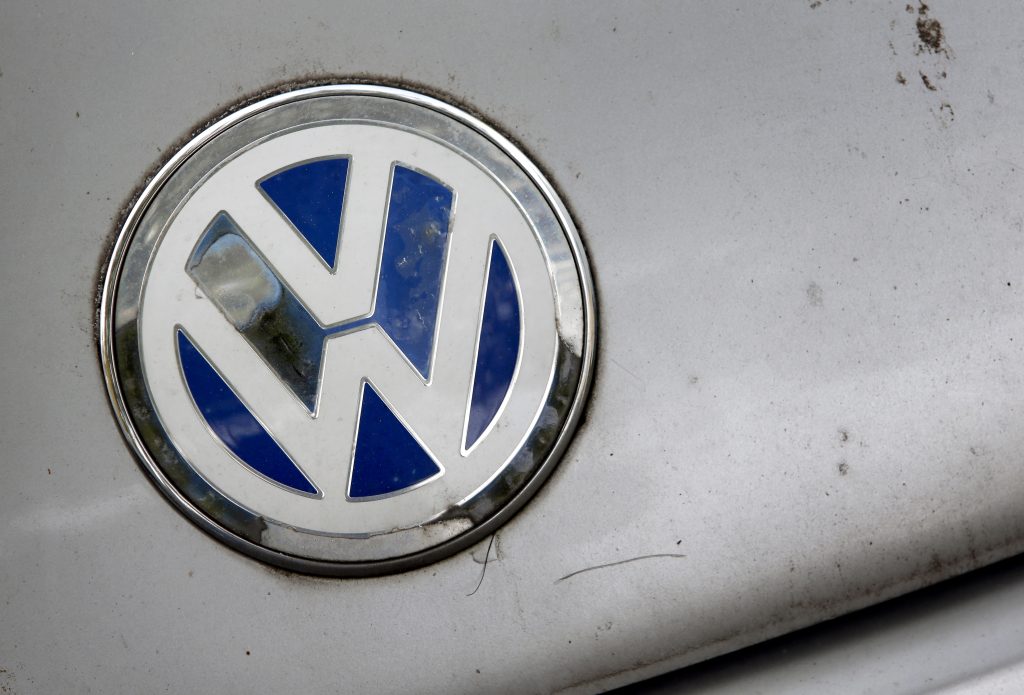The problem for Volkswagen lies in its high fixed costs.
Others are reading now
Volkswagen is grappling with a significant financial shortfall as the company struggles to balance its books following a disappointing downturn in electric vehicle (EV) sales.
Too High Fixed Costs
Despite implementing a cost-efficiency program late last year, aimed at reducing fixed costs through measures like early retirements and reduced work hours, the automotive giant is still facing major deficits, according to motor.
The problem for Volkswagen lies in its high fixed costs, which the company initially hoped to manage by cutting administrative and executive expenses. However, recent reports reveal that the company will earn between 2 to 3 billion euros less than anticipated in 2024.
This revelation has sent shockwaves through the company, with CEO Thomas Schäfer acknowledging that the unexpected weakness in new business areas, particularly in electric vehicles, has severely impacted their financial outlook.
Also read
Staff Protected from Layoffs
The efficiency program, intended to address the broader issues within the Volkswagen Group, is now under scrutiny. The company must find additional cost savings to cover the financial gap, but options are limited.
Production plant staff are protected from layoffs due to operational necessities and union agreements, leaving fewer areas to cut costs.
Volkswagen’s aggressive push into the electric vehicle market has not paid off as expected. The company’s optimistic projections were based on strong sales forecasts that failed to materialize.
With demand for EVs weaker than anticipated, Volkswagen is now shifting focus to hybrid models as a potential revenue booster. However, achieving the company’s revenue targets for 2024 and the broader goal of increasing income by up to 10 billion euros by 2026 seems increasingly unlikely.


